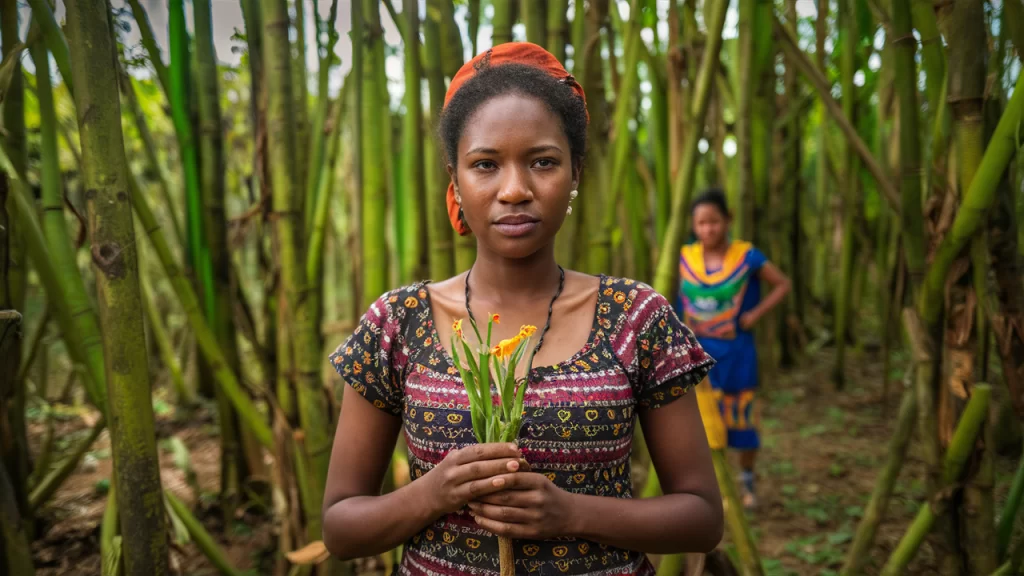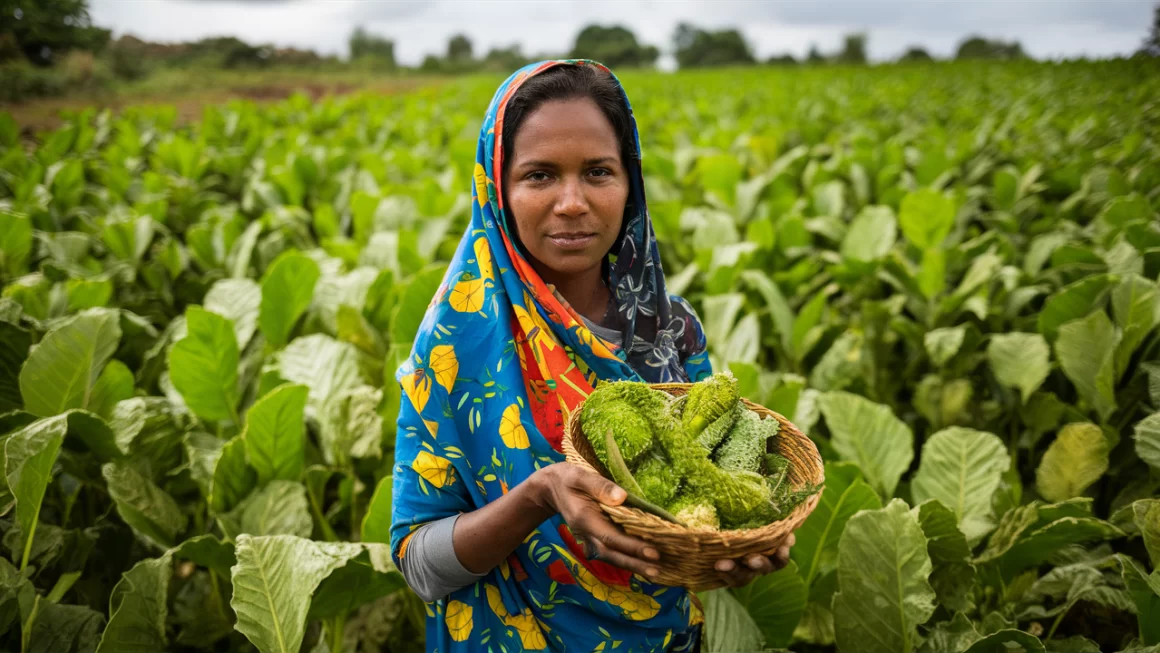What WFP Does for Environmental Health in Bangladesh is nothing short of incredible. The World Food Programme (WFP) is crucial in improving environmental health and sustainability in Bangladesh. By focusing on innovative projects and community involvement, WFP helps address critical food security, nutrition, and ecological sustainability issues. This article will explore how WFP contributes to environmental health in Bangladesh and the profound impact of their initiatives.
The Role of WFP in Bangladesh
Mission and Vision
The World Food Program’s global goal is to end hunger and malnutrition. In Bangladesh, WFP’s mission extends to promoting environmental health by integrating sustainable practices into food and nutrition programs.
Key Objectives:
- Ensure food security and nutrition
- Promote sustainable agricultural practices
- Enhance community resilience to environmental changes
Sustainable Agricultural Practices
Climate-Smart Agriculture
WFP promotes climate-smart agriculture in Bangladesh to help farmers adapt to changing environmental conditions. This approach involves farming techniques that increase productivity while reducing greenhouse gas emissions and enhancing resilience to climate change.
Key Techniques:
- Crop Diversification: Encouraging the cultivation of various crops to improve soil health and reduce pest and disease risks.
- Water Management: Implementing efficient irrigation systems to conserve water and improve crop yields.
- Soil Conservation: Using methods like contour farming and agroforestry to prevent soil erosion and maintain soil fertility.
Community Training and Education
WFP provides local farmers with training and education on sustainable farming practices. These programs empower communities with the knowledge and skills to implement environmentally friendly agricultural techniques.
Key Benefits:
- Increased crop productivity
- Reduced environmental impact
- Improved food security
Environmental Health Initiatives
Reforestation and Tree Planting
Reforestation is a significant part of WFP’s efforts to improve environmental health in Bangladesh. Planting trees helps combat deforestation, enhances biodiversity, and provides numerous environmental benefits.
Key Projects:
- Mangrove Restoration: Replanting mangrove forests along the coastlines to protect against erosion and provide habitat for marine life.
- Community Forests: Establishing community-managed forests to ensure sustainable use of forest resources and protect against illegal logging.
Clean Energy Solutions
WFP promotes using clean energy solutions to reduce reliance on traditional biomass fuels, contributing to deforestation and air pollution.
Key Solutions:
- Solar Energy: Solar panels are installed in rural areas to provide a reliable and sustainable energy source.
- Improved Cookstoves: Distributing energy-efficient cookstoves that reduce fuel consumption and emissions, improving indoor air quality and health.
Enhancing Food Security and Nutrition
School Feeding Programs
WFP’s school feeding programs are critical in improving nutrition and environmental health. These programs provide nutritious meals to children, encouraging school attendance and improving educational outcomes.
Key Benefits:
- Enhanced child nutrition and health
- Increased school enrollment and attendance
- Promotion of sustainable local food production
Emergency Food Assistance
In times of crisis, WFP provides emergency food assistance to vulnerable populations in Bangladesh. This support helps communities recover from disasters and maintain food security during challenging times.
Key Benefits:
- Immediate relief to affected populations
- Prevention of malnutrition and food insecurity
- Support for community resilience and recovery
Community Involvement and Collaboration

Partnering with Local Organizations
WFP collaborates with local organizations, government agencies, and NGOs to implement their programs effectively. These partnerships enhance the reach and impact of WFP’s initiatives, ensuring that they address the specific needs of local communities.
Key Collaborations:
- Government Agencies: Working with national and local governments to align programs with national policies and priorities.
- NGOs: Partnering with non-governmental organizations to leverage their expertise and resources.
Empowering Women and Youth
WFP places a strong emphasis on empowering women and youth in their programs. By involving these groups in environmental and agricultural projects, WFP promotes gender equality and ensures the sustainability of their initiatives.
Key Programs:
- Women’s Empowerment: Providing training and support to women farmers and entrepreneurs.
- Youth Engagement: Encouraging young people to participate in environmental conservation and sustainable agriculture.
Measuring Impact and Success
Monitoring and Evaluation
WFP employs robust monitoring and evaluation mechanisms to assess the effectiveness of its programs. This process involves collecting data, analyzing outcomes, and making necessary adjustments to improve program performance.
Key Indicators:
- Food Security Levels: Assessing changes in food availability and access.
- Nutritional Status: Monitoring improvements in child and adult nutrition.
- Environmental Health: Evaluating the impact of reforestation, clean energy, and sustainable farming practices.
Success Stories
The positive outcomes of WFP’s efforts in Bangladesh are evident in various success stories. These stories highlight the transformative impact of WFP’s initiatives on communities and the environment.
Examples:
- Improved Livelihoods: Farmers adopting climate-smart practices report higher yields and better income stability.
- Healthier Communities: Reduced respiratory illnesses due to the adoption of improved cookstoves.
- Resilient Ecosystems: Reforested areas showing increased biodiversity and reduced erosion.
Also Read: Health for Life White Marsh: 5 Powerful Tips for Ultimate Wellness
Final Thoughts
What WFP Does for Environmental Health in Bangladesh is genuinely remarkable. Through sustainable agricultural practices, reforestation, clean energy solutions, and community involvement, WFP is significantly impacting the environment and the lives of the people in Bangladesh. Their efforts improve food security and nutrition and promote a healthier and more sustainable future for the country.




